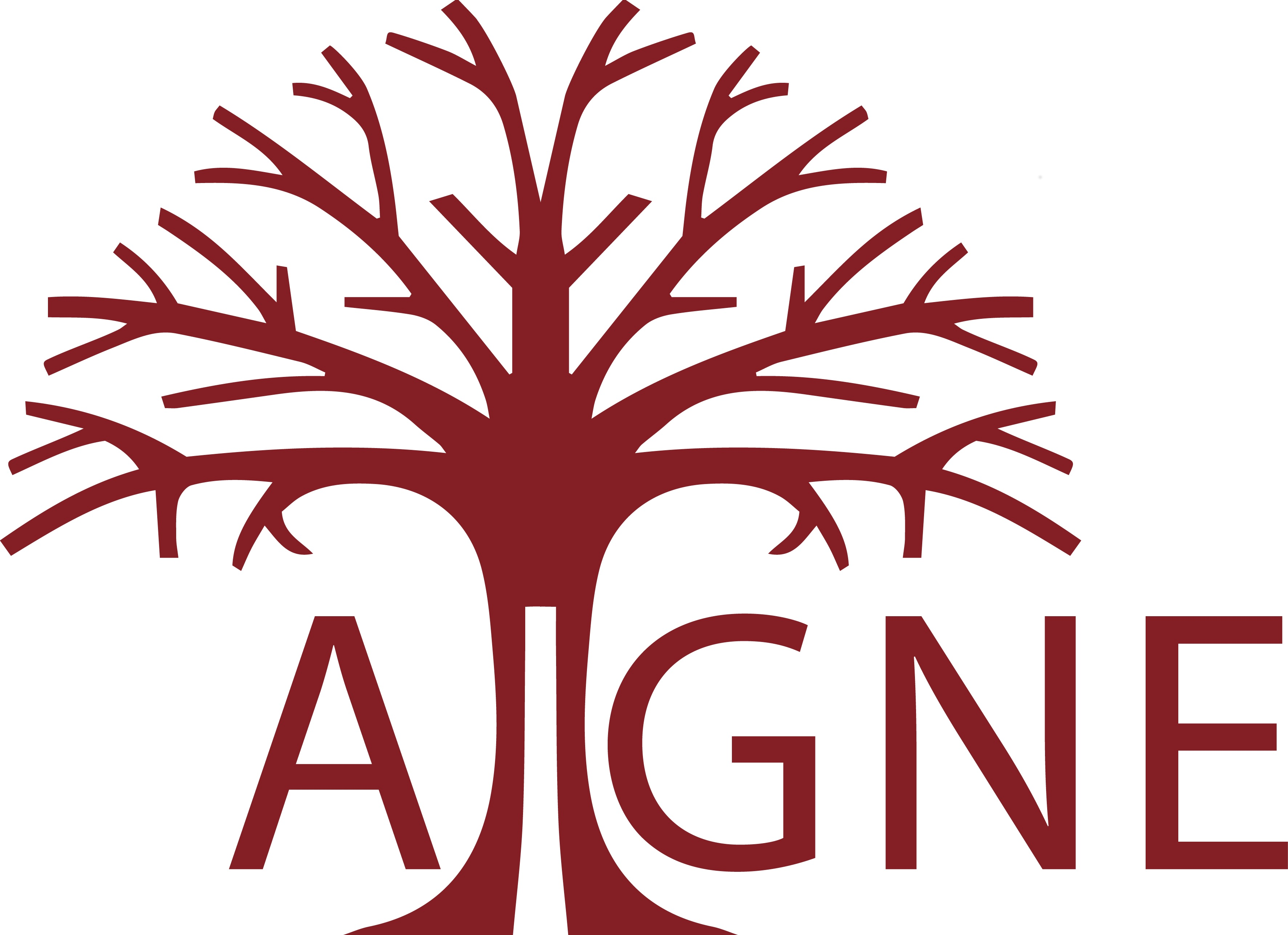Justice Done? An Analysis of One Aspect to the 2006 Irish High Court Ruling in Zappone and Giligan v. Revenue Commissioners and Attorney General
DOI:
https://doi.org/10.33178/aigne.vol6.2Abstract
In this article, I conduct an analysis of extracts from the 2006 High Court ruling in the matter of Zappone and Gilligan v. Revenue Commissioners and Attorney General. This case centred on the issue of same-sex marriage in Ireland. While there were a number of important aspects to this ruling, I elaborate on one issue, i.e. child development in the context of the parenting that is done by lesbians and gay men. I focus on some of the research studies that informed expert witness testimony on behalf of the plaintiffs and the State in this case. Firstly, I provide an analysis of some of the research findings in an American study, which denoted a review of a number of child development research studies that were conducted in the 1980s and 1990s. In that regard, I problematise the routine reproduction of heteronormativity. With regard to the State's case, I discuss the interpretation of a research study that was conducted in the 1980s by a team of researchers in the United States. I also highlight aspects of an affidavit that was initially sworn into evidence in a same-sex marriage case in Canada. I discern errors in some of this expert testimony that was enunciated and interpreted with a view to furthering the Irish State's case. Neither the routine reproduction of heteronormativity, nor the repeated articulation of erroneous testimony garnered attention in the High Court. I argue that these dynamics denote problematic aspects to the ruling in Zappone and Gilligan v. Revenue Commissioners and Attorney General.References
Downloads
Published
2018-11-26
Issue
Section
Articles
License
For our full Copyright Notice see our Author Guidelines.


